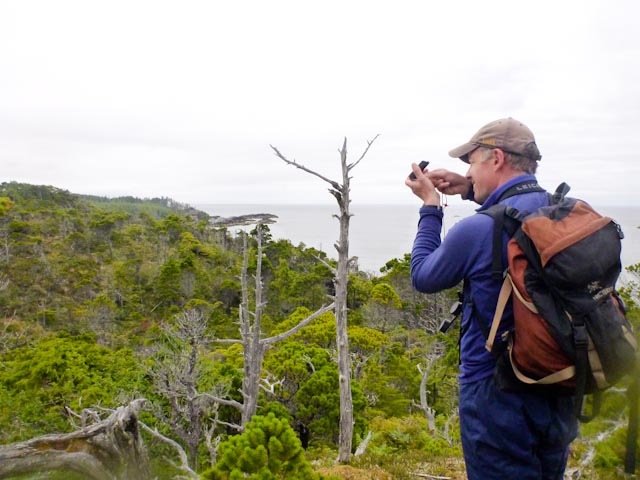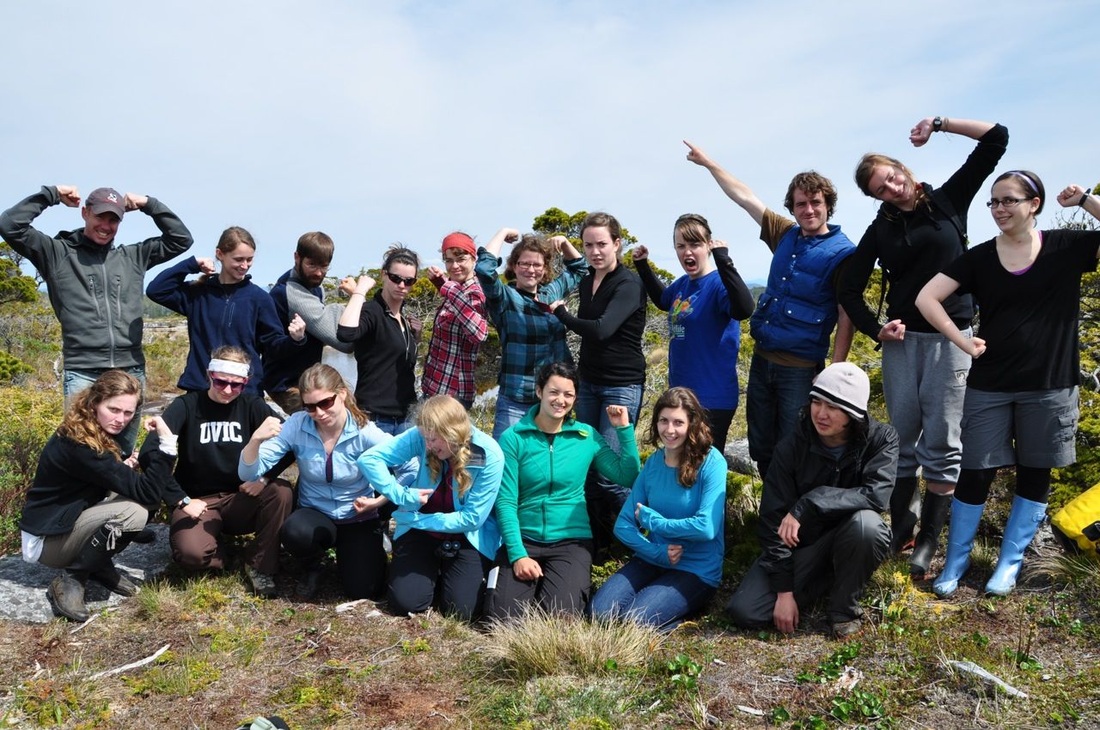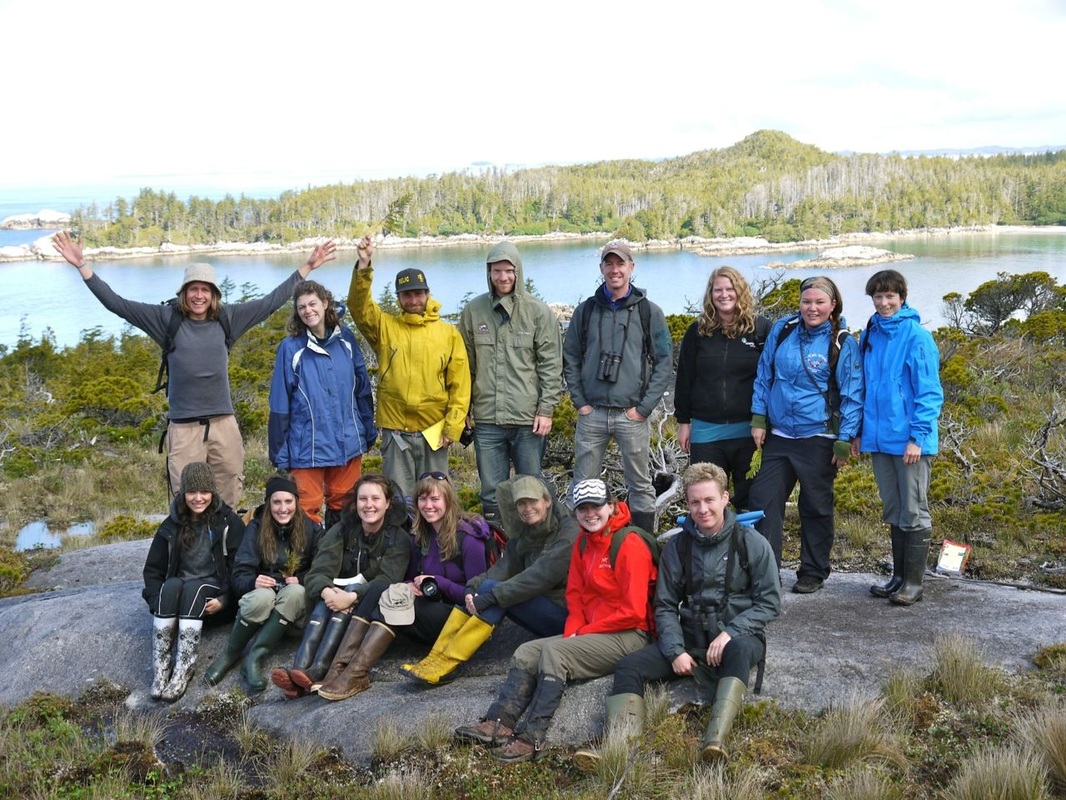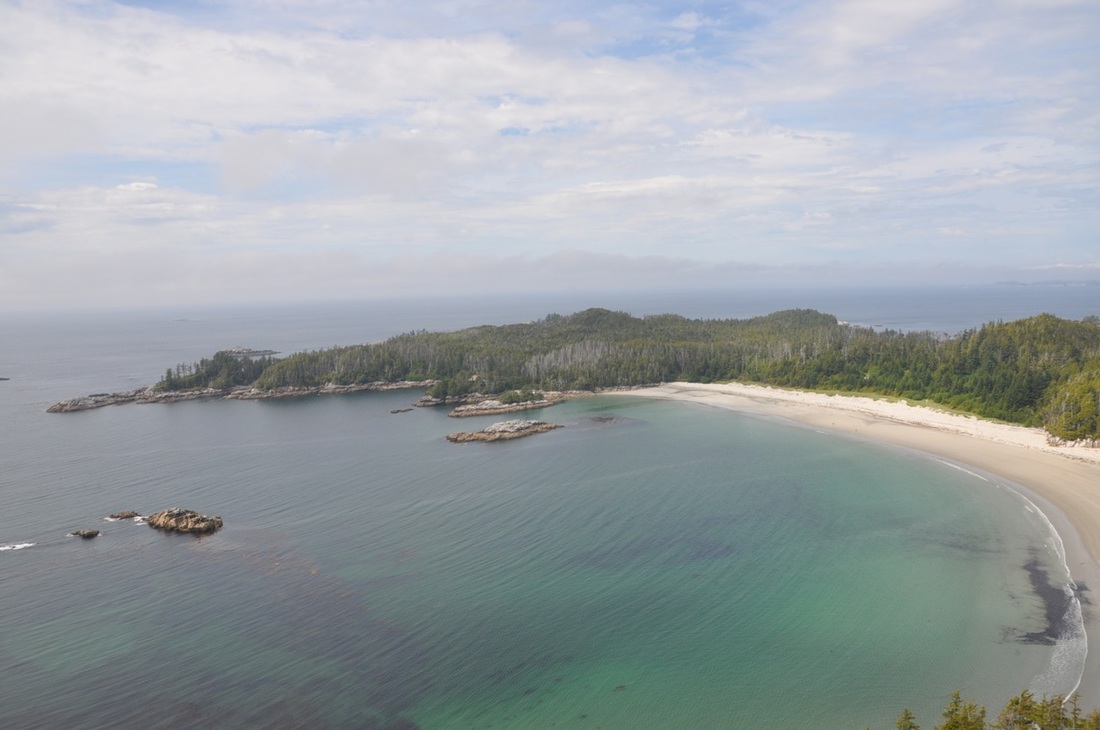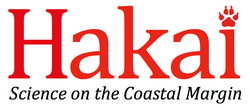About This Site
The majority of photos and species identifications on this website are the cumulative results of five (and counting) seasons of field courses taught by Dr. Brian Starzomski from the University of Victoria. Students spend two to three weeks at the Hakai Institute's Calvert Island field station learning about the incredible biodiversity in this region of the world, what kinds of threats it faces, and how to study this biodiversity.
Most of the photos on this site are from course explorations on Calvert Island and nearby areas; however we would like to have other areas of the Central Coast represented as well. We welcome submissions, though we cannot guarantee we will publish your photo. All published submissions will be credited, and we protect all photos to the best of Weebly's abilities (image downloads are disabled). If you have photos you would like to submit, please send them to centralcoastbio [at] gmail.com.
|
Courses taught at Hakai by Dr. Brian Starzomski: 2010 ES 470: Ecological Methods for Biodiversity Analysis and Restoration 2011, 2012, 2013, 2014 ES 470: Biodiversity & Conservation of Coastal BC |
|
The School of Environmental Studies at the University of Victoria
UVic's Environmental Studies program approaches the study of environmental issues from three different perspectives. The "three pillars" of ethnoecology, political ecology, and ecological restoration are unique to UVic. Read more about the program on the Environmental Studies website. |
The Tula Foundation and Hakai Institute
The Tula Foundation was founded in 2001 by Eric Peterson and Christina Munck. It is a self-funded family foundation for non-profit organizations and initiatives, based on Quadra Island in British Columbia, Canada. One of the Tula Foundation's main projects is the Hakai Institute, which has field stations on Calvert Island, located on BC's Central Coast, and Quadra Island, one of the Discovery Islands off Vancouver Island's east coast.
The Tula Foundation was founded in 2001 by Eric Peterson and Christina Munck. It is a self-funded family foundation for non-profit organizations and initiatives, based on Quadra Island in British Columbia, Canada. One of the Tula Foundation's main projects is the Hakai Institute, which has field stations on Calvert Island, located on BC's Central Coast, and Quadra Island, one of the Discovery Islands off Vancouver Island's east coast.
 Hakai's Calvert Island field station
Hakai's Calvert Island field station
Calvert Island is on the coastal edge of the Great Bear Rainforest, and is surrounded by the Hakai Luxvbalis Conservancy. This conservancy is BC's largest marine conservancy and covers the northern half of Calvert Island; the southern half is protected by the Calvert Island Conservancy. Hakai has its own research program, it partners with researchers, educators, and programs from BC universities as well as local community schools, and it works with local community initiatives on a variety of projects.
|
The work done by and in collaboration with the Hakai is largely environmentally-focused, though projects often have a cultural emphasis as well. The Hakai Institute mission statement is:
To understand the coastal ecology of our part of British Columbia. To uncover its past, monitor its present and protect its future. |
Read more about these organizations by clicking on the logos below. Also check out the Hakai Vimeo channel, and this May 2013 article about the development of Hakai: "The secret science lab on Calvert Island."
